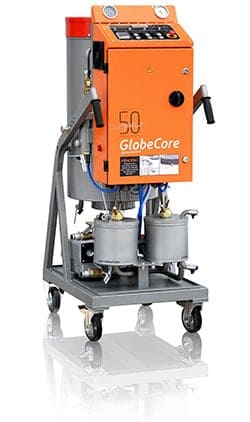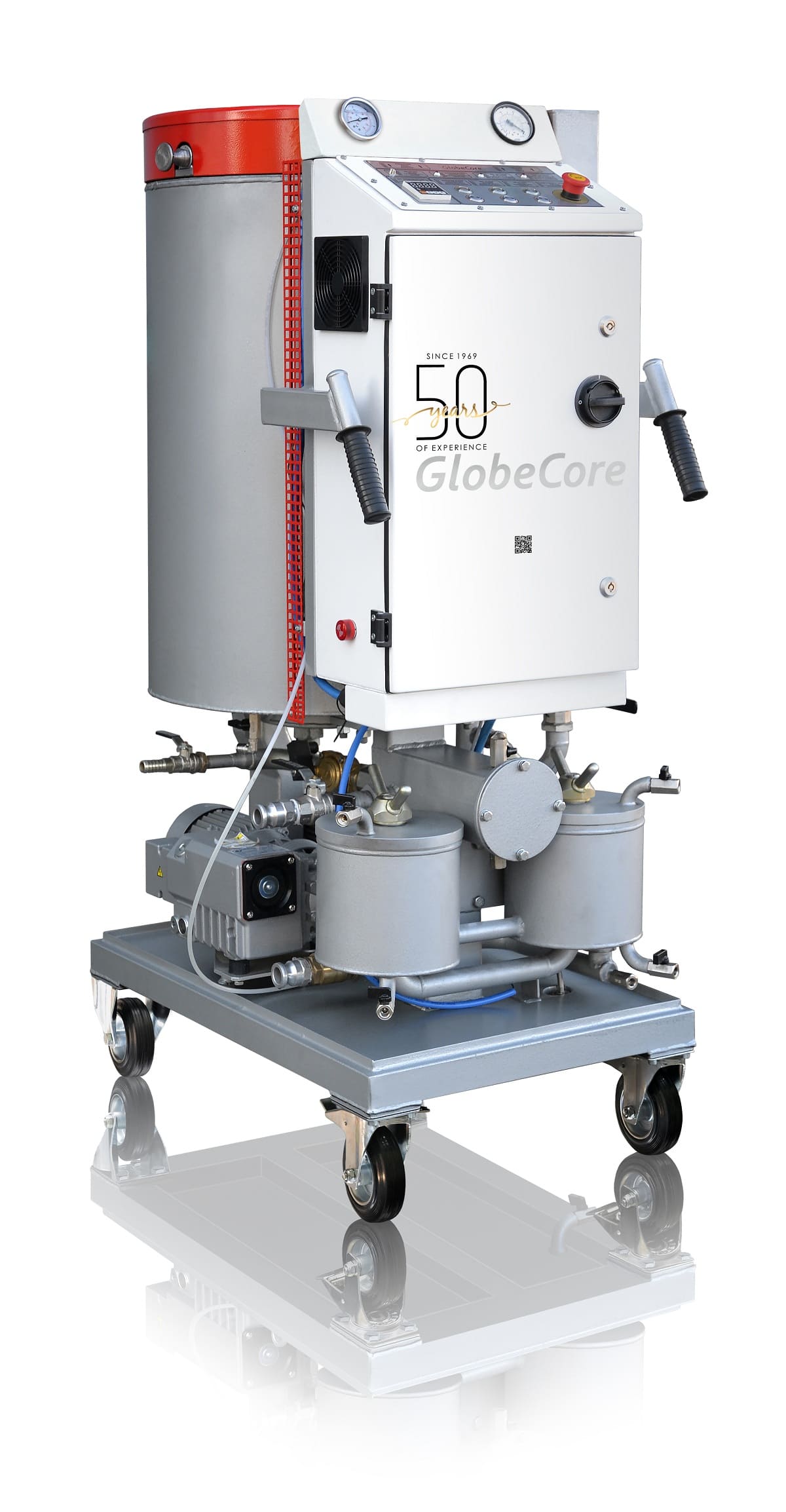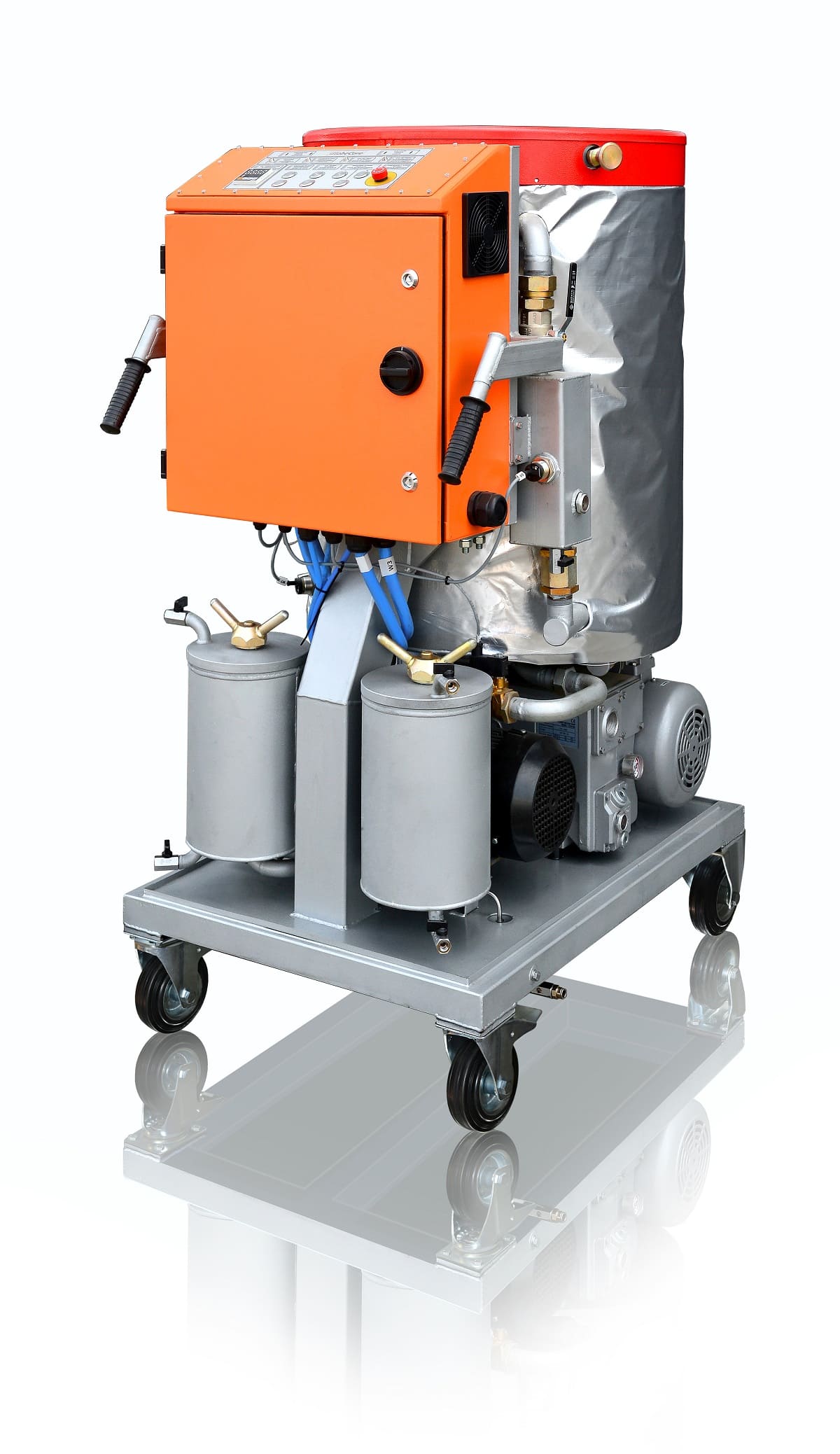On-load tap changer
Why is OLTC oil filtration important?
- This topic has 5 replies, 5 voices, and was last updated 1 year, 2 months ago by .
Answers
-
November 28, 2024 at 8:02 am by Tyler Walker
Filtration removes impurities and moisture from OLTC oil, which ensures proper insulation, cooling, and reduced wear on contacts and components.
-
December 3, 2024 at 8:55 am by rost
I’m curious too, tell me.
-
December 3, 2024 at 9:05 am by Brian Allen
Oil filtration in on-load tap changers (OLTC) is crucial for several reasons: it maintains the dielectric strength of the oil, preventing electrical breakdown; it removes particulate contaminants that can cause wear and damage to contacts; it reduces moisture levels, which can lead to corrosion and insulation failure; and it enhances the overall reliability and lifespan of the OLTC. Regular oil filtration helps ensure optimal performance, minimizes maintenance costs, and prevents unexpected failures in transformer operation.
-
December 11, 2024 at 8:40 am by rost
How does oil maintain its dielectric strength?
-
December 11, 2024 at 8:47 am by Tyler Hill
Oil maintains its dielectric strength through several key factors:
1. **Purity**: Clean oil free from contaminants ensures high dielectric strength; impurities can create conductive paths leading to breakdown.
2. **Moisture Control**: Low moisture content is critical, as water significantly reduces dielectric strength and increases the risk of electrical failure.
3. **Temperature Stability**: Maintaining an optimal operating temperature prevents thermal degradation, which can diminish the oil’s insulating properties.
4. **Chemical Composition**: The inherent properties of transformer oil, including its viscosity and chemical stability, contribute to its ability to withstand electrical stress without breaking down.
5. **Regular Maintenance**: Routine testing and filtration help identify issues early, ensuring that the oil remains effective in providing insulation for OLTC operation.
By focusing on these aspects, the dielectric strength of OLTC oil is preserved, ensuring reliable performance in voltage regulation under load conditions.



